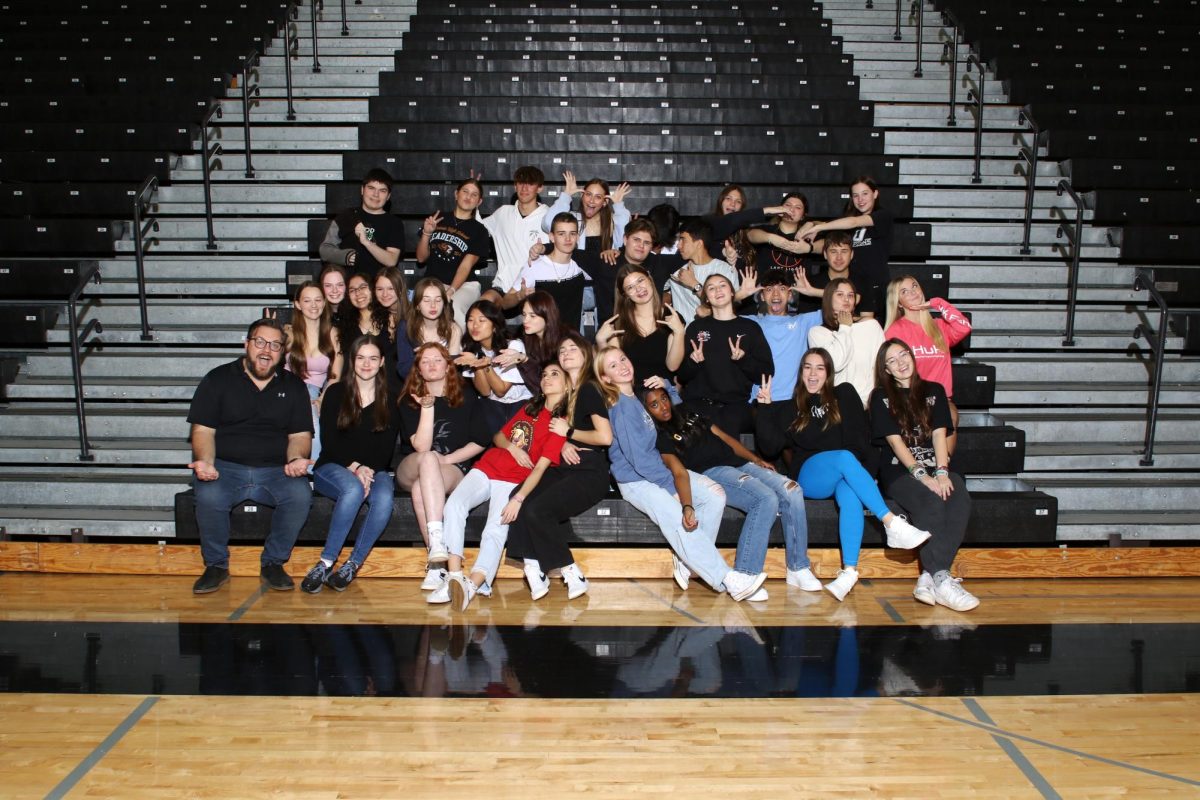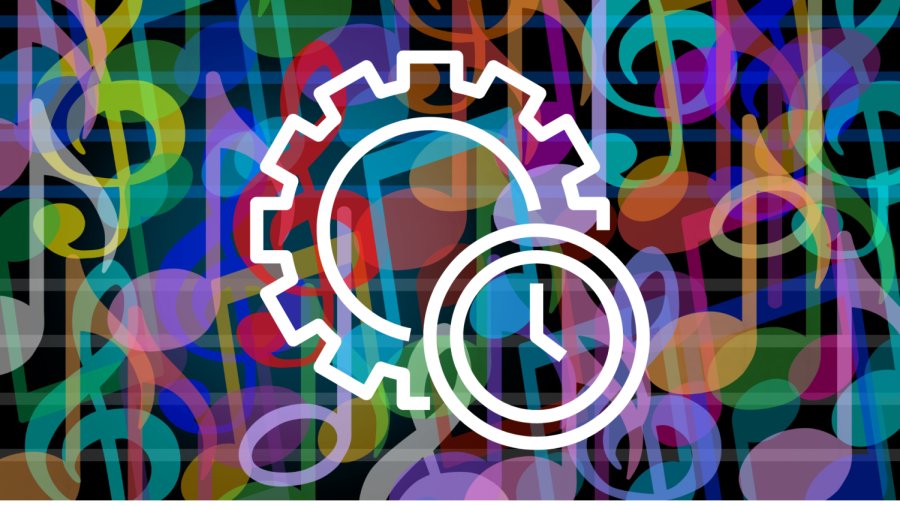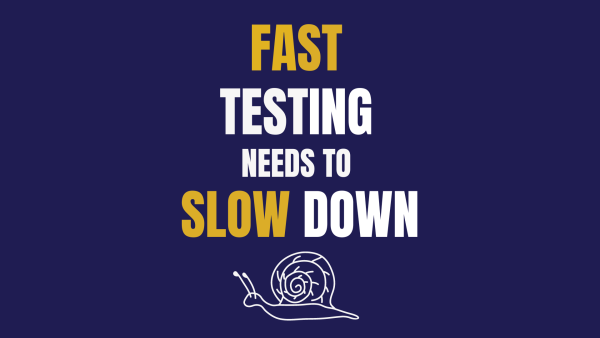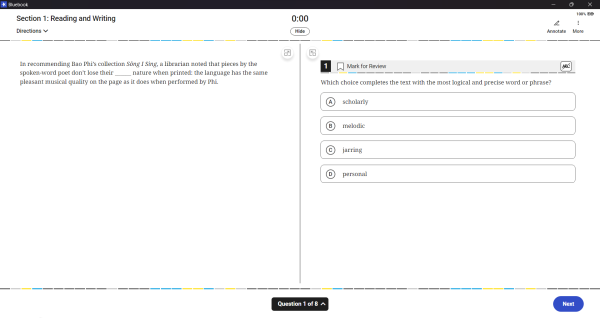Music producers gain more respect from fans
Music interpretation has evolved over the years as listeners’ demands change. Photo by Kaden Bryant.
April 11, 2023
In recent years, music producers have been receiving more attention and respect from listeners in all genres – but why is this? As time progresses, music is slowly starting to advance in complexity, and it’s become increasingly difficult to stand out without unique qualities to your sound. Producers have the ability to take vocals of any quality and utilize them to mold a futuristic and fresh track, all done on their computer.
A frequent example of flipping tracks into something completely different can be seen in DJ sets at clubs. DJs will either produce around the song they are remixing or utilize someone else’s mix that was done the same way in order to give the audience a moment of nostalgia with a more up-to-date twist. This is typically done by utilizing an AI splitter, which takes a track and separates the acapella (the vocals of the song) and the instrumental (the beat). Once the producer has the acapella of their choosing, they’ll insert it into their DAW (digital audio workstation) and either layer it with one of their completed instrumentals, or build an entirely new one built around the acapella from scratch.
Today, DJs typically sample up-tempo early 2000’s tracks as they deeply resonate with our generation’s childhoods. Many of these songs also fall under the “scene” subgenre and aesthetic, which consists of emotional pop and punk music. While this method of production may not be brand new, it displays the versatility of producers and has inspired many to even experiment with their own vocals. Many songs we listen to today feature vocal melodies that may seem like they’re being performed by the artist on the track or are sampled from another song, however, producers often create these components with their own voices. This is surprisingly a very simple process.
First, producers will attach effects in their workstation like Auto-Tune, delay, reverb, and EQs (equalizers), which typically come stock with most music software. This is done to give their vocals a higher-quality sound. Then, they will simply record themselves harmonizing over their instrumentals until satisfied. These vocals are then pitched up or down, and hopped and moved around to create glitchy and ethereal-sounding melodies over their tracks.
Producers are beginning to finally get their flowers in musical conversations due to the massive influence they have over any song they touch. With the direction music is going in now, talented producers will be needed all across music in order to continue to create timeless songs. While it may take years of consistency and experimenting, producing can be one of the most pleasurable and rewarding skills to have today.
















































